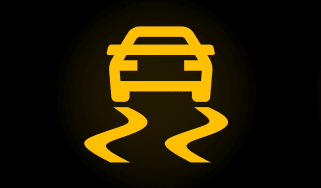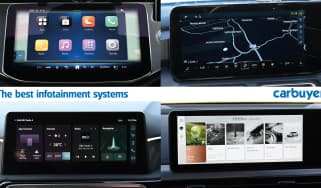New geofencing technology could automatically enforce speed limits
Ford introduces new tech that will limit the car’s speed in certain areas, doing away with the need for road signs
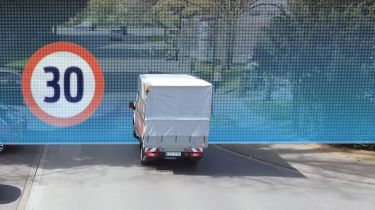
Many of us have accidentally strayed over the speed limit after not seeing road signs, resulting in an unwelcome speeding ticket. However, Ford appears to have created a solution with a new safety feature that utilises cutting edge tech in order to reduce a car’s speed whenever it enters a digitally-designated zone or road.
Making its debut during a test run in Germany, the new tech is designed to autonomously slow the car down whenever it passes through certain areas while displaying the current speed limit in the instrument cluster - although the driver would still be able to override the system at any time.
This new system is based on ‘geofencing’ technology, which utilises GPS technology in order to digitally corden off certain areas. In this case, areas would be designated in the same way they are now with traditional road signs, with specific speed limits for each. However, instead of road signs indicating the speed limit, this information would be passed to the vehicle over-the-air via the internet, subsequently telling the car to slow down whenever it enters, say, a 30mph zone after travelling through a 50mph area.
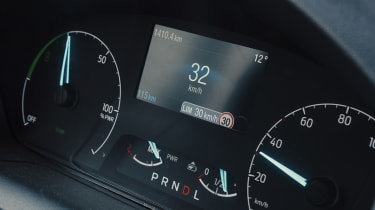
Ford believes that this kind of technology could be revolutionary for car safety; it would ensure that drivers do not inadvertently exceed the speed limit, which is often cited as the cause in many collisions. In a more practical sense, it should also reduce the risk of getting a speeding fine - a welcome feature for those with a particularly heavy right foot.
Of course, this technology is in its very early stages of development and it would take significant political discussion to get something like this put into law. Physical road signs would still be needed as older cars without this tech would not receive the necessary information, plus a backup would be needed in case servers went down. Nevertheless, this is another example of what manufacturers are doing to keep us safe and could well be a glimpse into the future of our roads.
Want peace of mind out on the road? Check out our list of the safest cars you can buy
Recommended
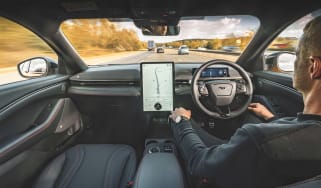
In-car safety assistance systems leaving drivers confused and dissatisfied

What is Android Auto? Apps, music and new gaming features
Most Popular
Tips & advice

Car dashboard warning lights: what does each symbol mean?

Electric car charging stations: public networks, charger types, apps and maps



